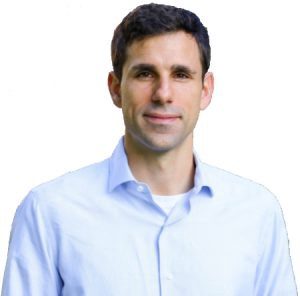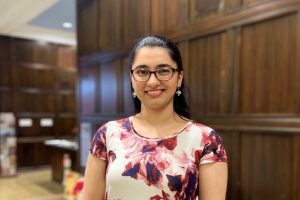
Once hailed as medical miracles, antibiotics are losing their effectiveness due to the rapid increase of bacterial immunity.
Researchers are scrambling to keep up with evolution, and they are currently exploring how machine learning can be applied to microbiology to develop more effective treatments.
In the past, researchers have studied bacteria behavior and used their findings to work against the natural patterns of bacterial life. In the 1980s, computer-assisted screening methods helped researchers in their efforts but few developments surfaced from their work. It seemed that there were no new antibiotics to be found using traditional methods, and pharmaceutical companies stepped away from funding antibiotic development in favor of more profitable drugs used to treat chronic conditions. But a new field of research shows a way forward, thanks to the massive advances in computing that have occurred over the intervening decades.
Among the pioneering researchers in this field is César de La Fuente, Presidential Assistant Professor in Psychiatry, Microbiology and Bioengineering. De La Fuente is accelerating the discovery of new antibiotics with his Drug Repurposing Hub, a library of more than 6,000 compounds that is using machine learning algorithms to seek out possible solutions for human disease. With his compound library, de La Fuente is able to examine drugs already approved by the FDA and hunt for new, more effective applications.
In addition to this work, de La Fuente and his colleagues are interested in using machine learning to innovate drug design itself. His lab uses a machine learning platform to generate new molecules in silico and perform experiments on them. Once the results of the experiments come in, they are fed back into the computer so the machine learning platform can continuously learn and improve its findings from the data.
In a recent interview with Katherine Harmon Courage in Quanta Magazine, de La Fuente said:
“The hypothesis is that nature has run out of inspiration in terms of providing us with new antibiotics. That’s why we think that machines … could diversify natural molecules to convert them to synthetic versions that would be much more effective.”
Originally posted on the Penn Engineering blog. Read more about de La Fuente’s work and other researchers exploring the computational design of new antibiotics in Quanta Magazine or The Atlantic.


